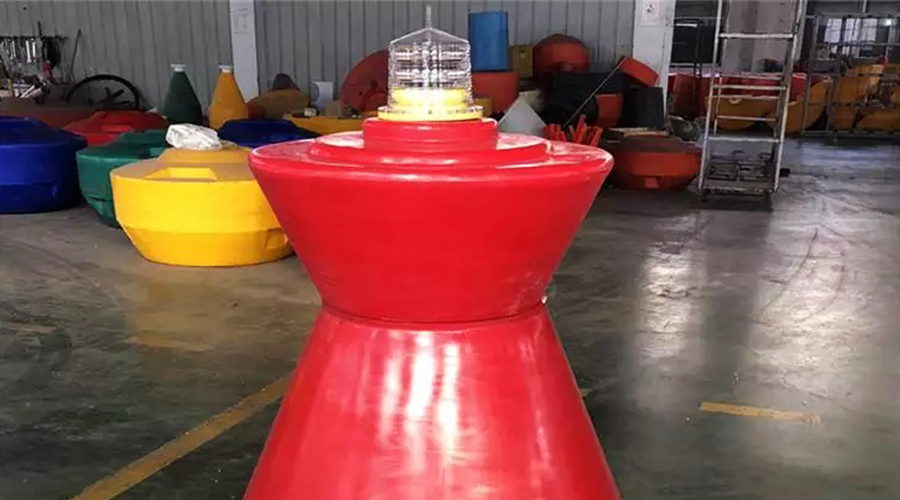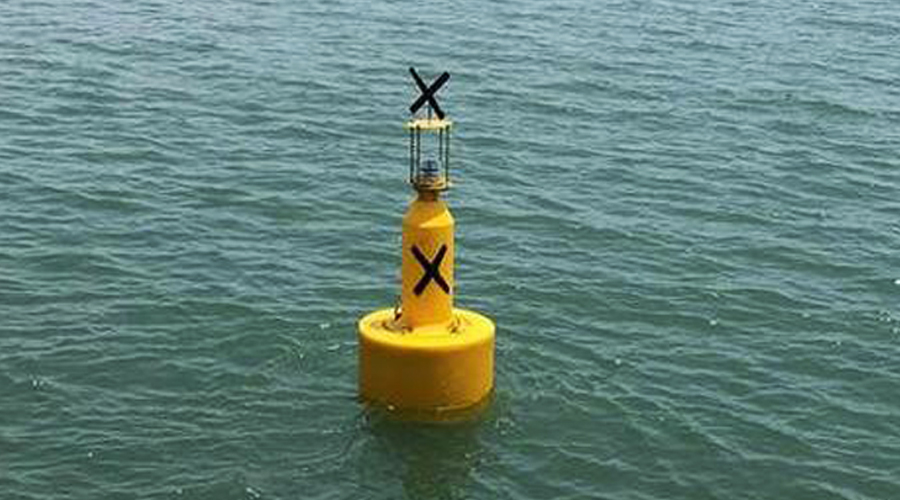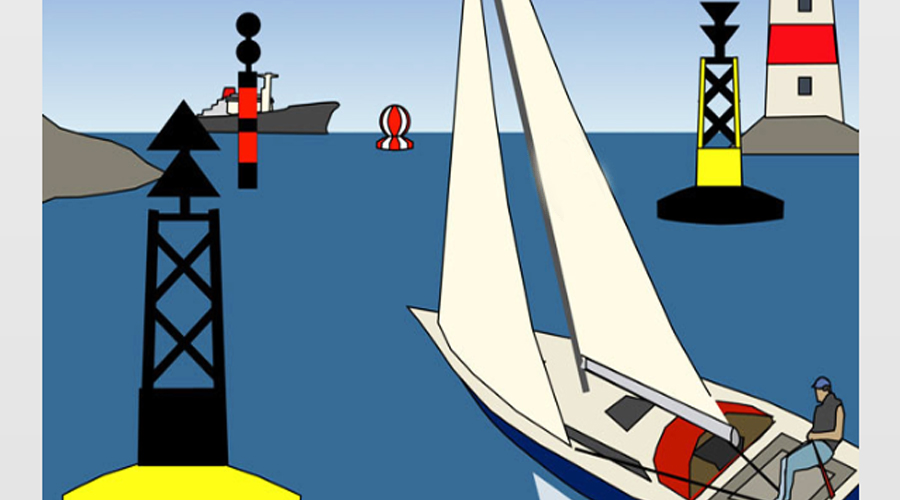Solar buoy light are a navigation device that combines solar panels and LED lights, mainly used for navigation and warning in marine environments.
Solar marine navigation lights usually have high photoelectric conversion efficiency and use lithium iron phosphate batteries as power sources. The design is usually integrated, waterproof, and can provide long-lasting endurance.
For example, some models produced and supplied by YFFY have an effective visual distance of up to 1-4 nautical miles. Products include IALA integrated solar buoy lights, net beacon lights, and marine navigation warning lights of various specifications.
The traditional buoy light, also known as a beacon light, is a traffic light used to ensure the safe navigation of ships at night. Its installed on the beacon and emits a specific light color and flash frequency.
In recent years, due to people’s attention to environmental protection, as well as the development of solar energy and its own advantages of energy saving, environmental protection, saving manpower, material resources and other costs, it has been used by more and more maritime safety fields and navigation aids.
So, what is the specific difference between the two, let us understand together.
Solar Buoy Light VS LED Buoy Light
1. Comparison of Core Pain Points
Solar marine navigation light: Relying on light for charging, no wiring required, long-term electricity savings, but limited battery life on rainy days.
Traditional battery navigation light: Batteries need to be replaced regularly, maintenance costs are high, but stability is strong (no light dependence).
2. Analysis of Applicable Scenarios
Solar lights: Suitable for areas with sufficient light such as inland rivers, lakes, and oceans without electricity, wind, etc.
LED lights: Suitable for long-term rainy areas or emergency temporary deployment, and require power supply.
3. Environmental protection & economy
Solar warning lights: Zero carbon emissions, 5-year life cycle can save thousands of yuan in electricity bills.
LED warning lights: High cost of handling used batteries, long-term use of hidden expenses.
4. Cost
Solar marine lights: Automatically charge during the day and automatically discharge in the evening. 1-20 nautical miles of visual distance, customizable functions: GPS positioning, synchronization, 350 flashing modes, and reasonable price. No manpower required, power control, remote control by remote controller.
LED marine lights: need to be connected to electricity, and workers are required to check the switch control. Increased cost consumption. And the price of rich function customization is 25% – 40% higher than that of solar lights
5. Conclusion & Suggestions
Based on the comprehensive selection of ambient light, maintenance difficulty, labor cost, budget, etc., solar energy is preferred for long-term use. For example, YFFY’s 1-4NM solar buoy light.



